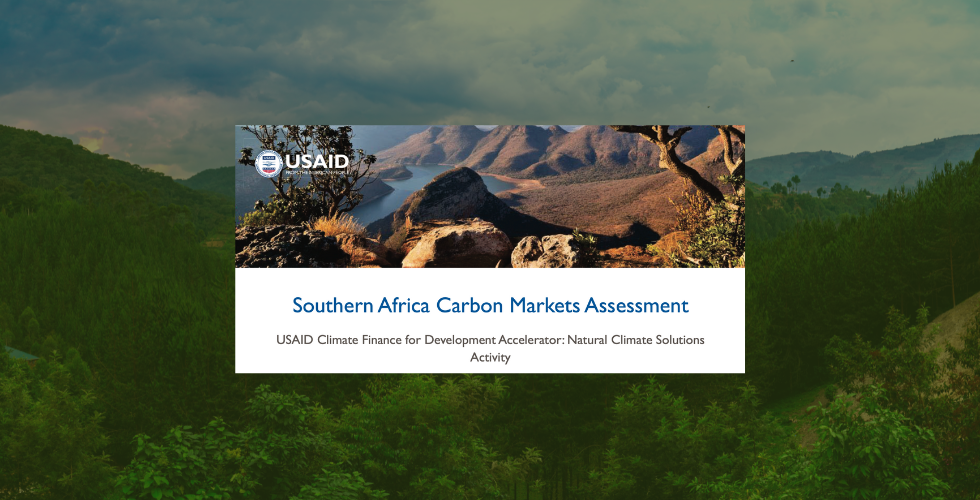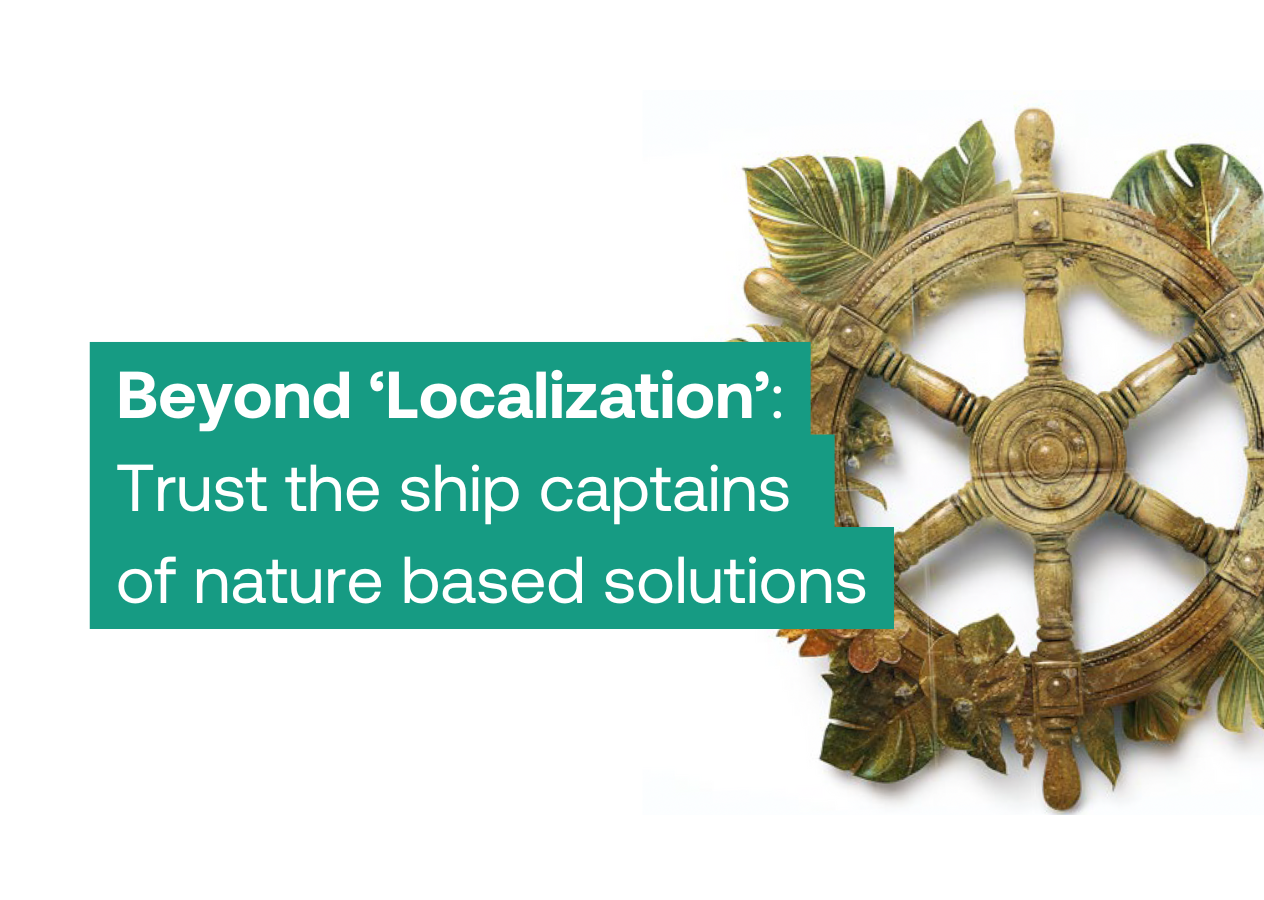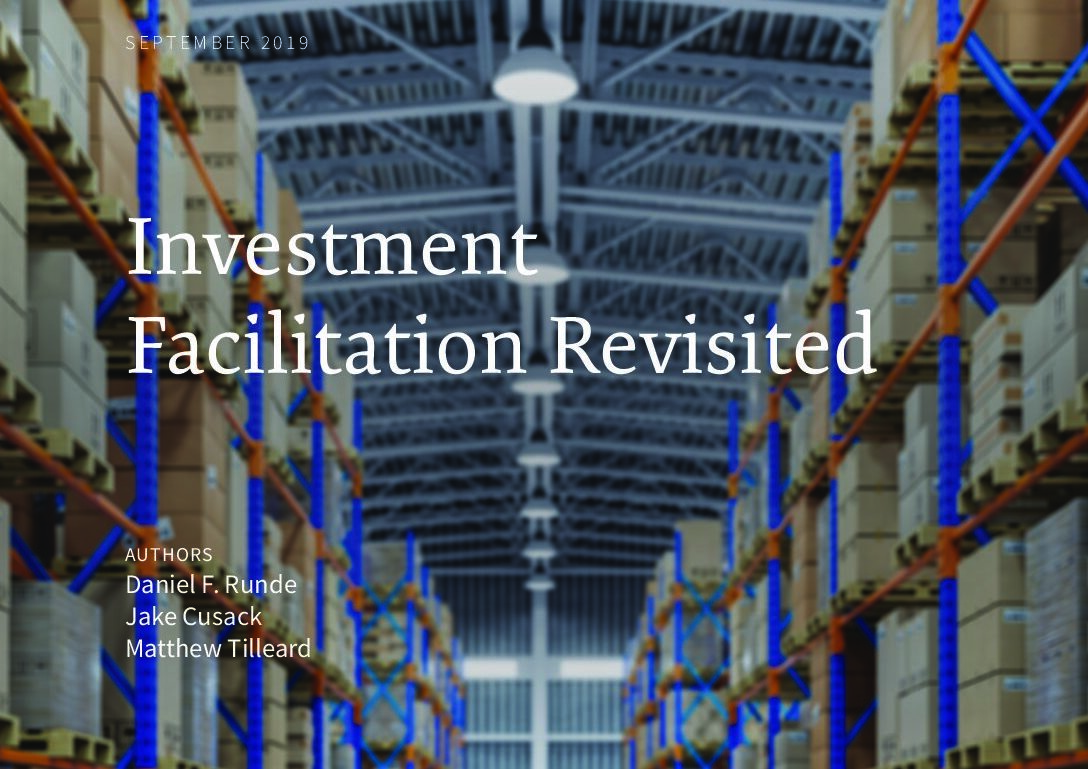
CrossBoundary Advisory
Publication
01.11.2024
Publication
01.11.2024
Publication
Southern Africa Carbon Markets Assessment
Southern Africa holds immense potential for carbon markets, but advancements in carbon project implementation and policy development vary widely across the region.
Key Insights
South Africa leads with 93% of the region's carbon credits and Africa's only active compliance market
While 21 nature-based carbon projects are registered across the region, none have issued credits yet. Primarily due to financial, methodological, regulatory, and market challenges
Namibia shows promising progress with a draft Carbon Market Framework awaiting Cabinet approval
In South Africa's compliance market, current credit supply meets only ~30% of domestic demand
Southern Africa holds immense potential for carbon markets, but advancements in carbon project implementation and policy development vary widely across the region.
The Southern Africa Carbon Markets Assessment, led by CrossBoundary for USAID’s Climate Finance for Development Accelerator, analyzes the state of carbon markets in Angola, Botswana, Eswatini, Lesotho, Namibia, and South Africa. It reviews regulatory frameworks, the status of project development, and challenges facing nature-based carbon solutions in the region.
Here’s what we found:
-
South Africa is the regional leader, with an active domestic compliance carbon market established through its Carbon Tax Act and a functioning carbon credit registry. It accounts for over 90% of all credits issued in the region and hosts the majority of registered projects. However, despite high projected AFOLU (Agriculture, Forestry, and Other Land Use) volumes, no AFOLU credits have yet been issued due to financing and methodological challenges.
-
Namibia is the most advanced country in terms of regulatory development outside of South Africa. It has developed a National Carbon Market Framework and a national registry, although it is not yet fully operational. AFOLU projects are still absent from the market.
-
Angola and Botswana show early signs of interest in carbon market development. Angola plans to develop a regulatory framework but is delayed due to slow government action. Botswana lacks any active projects or issuances and faces challenges with methodology suitability for its ecosystems.
-
Lesotho and Eswatini lag behind significantly, with no established carbon market regulations or Article 6 frameworks. Each country has minimal or no project development activity to date.


